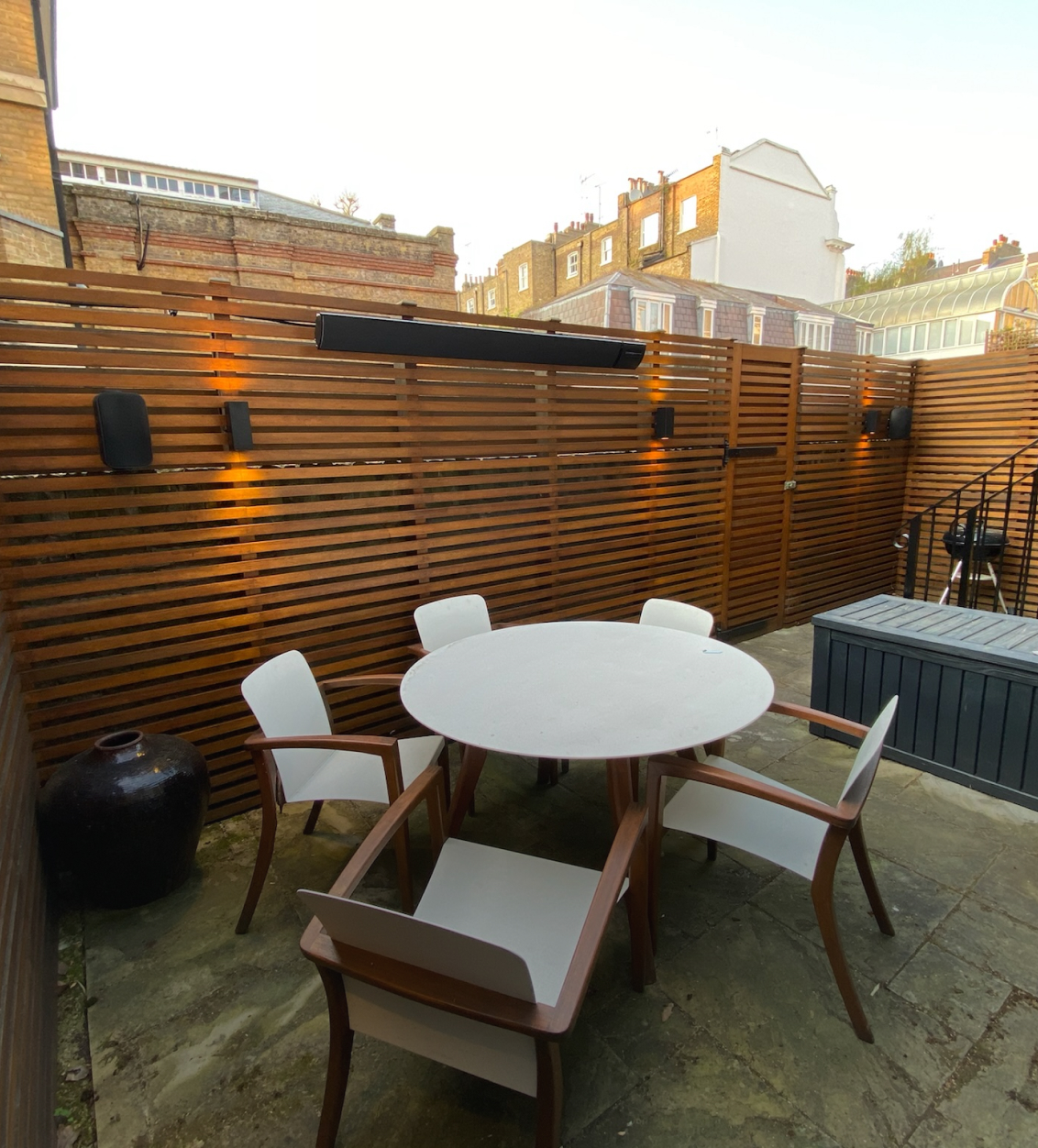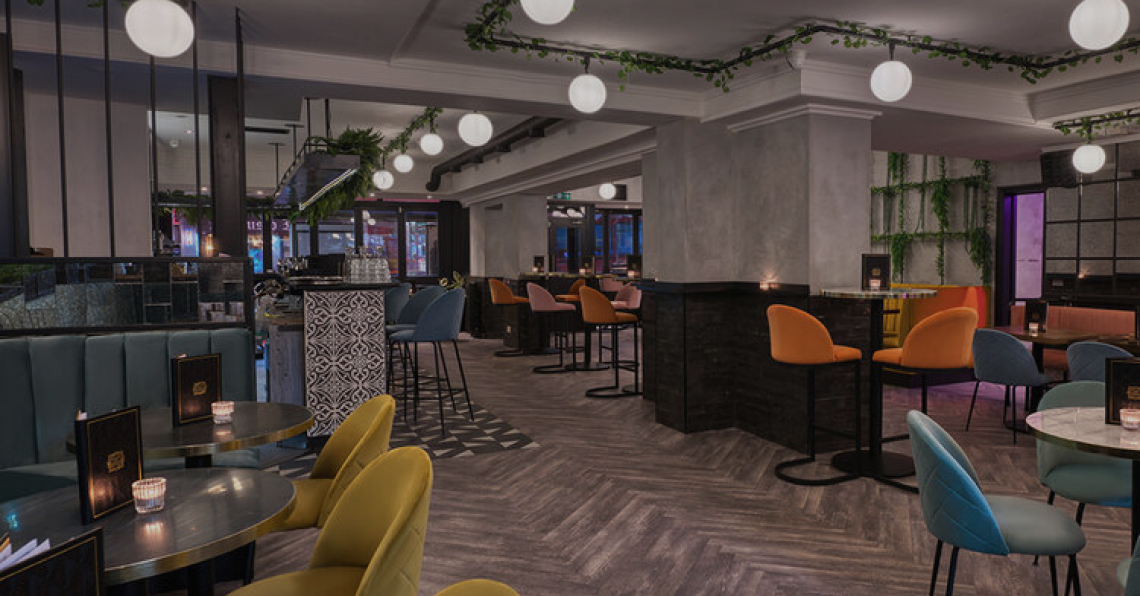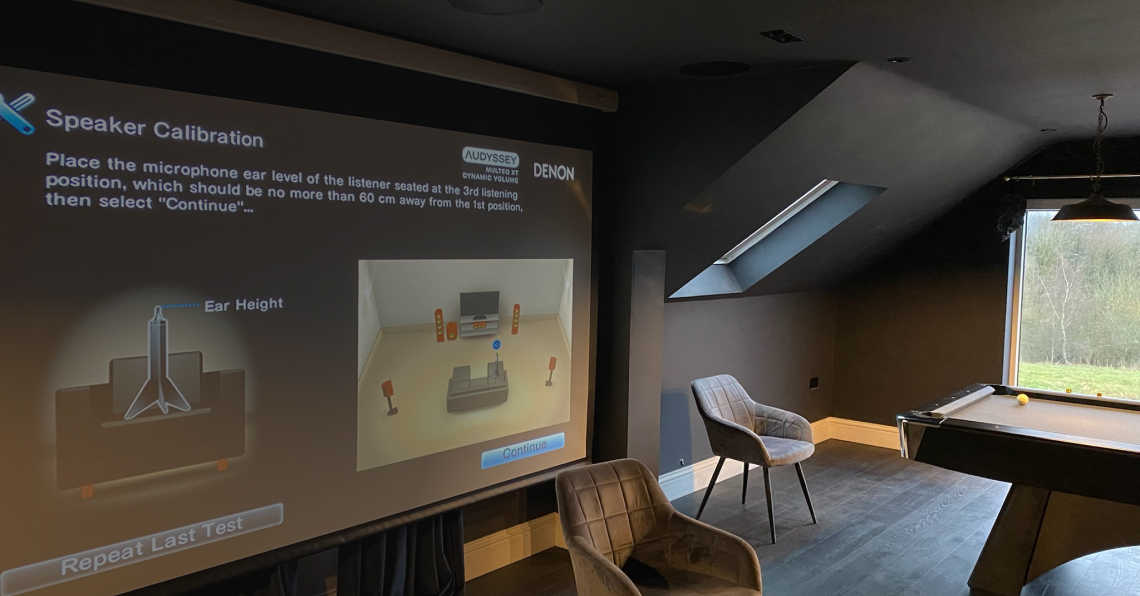Top 5 Smart Home Solutions
Smart home solutions have transformed modern living, making homes more intuitive, efficient, and secure. From intelligent lighting and climate control to advanced security systems and seamless entertainment integration, today’s technology enhances both convenience and luxury. No longer a vision of the future, smart homes are now a practical investment, offering homeowners complete control at the touch of a button or a simple voice command.
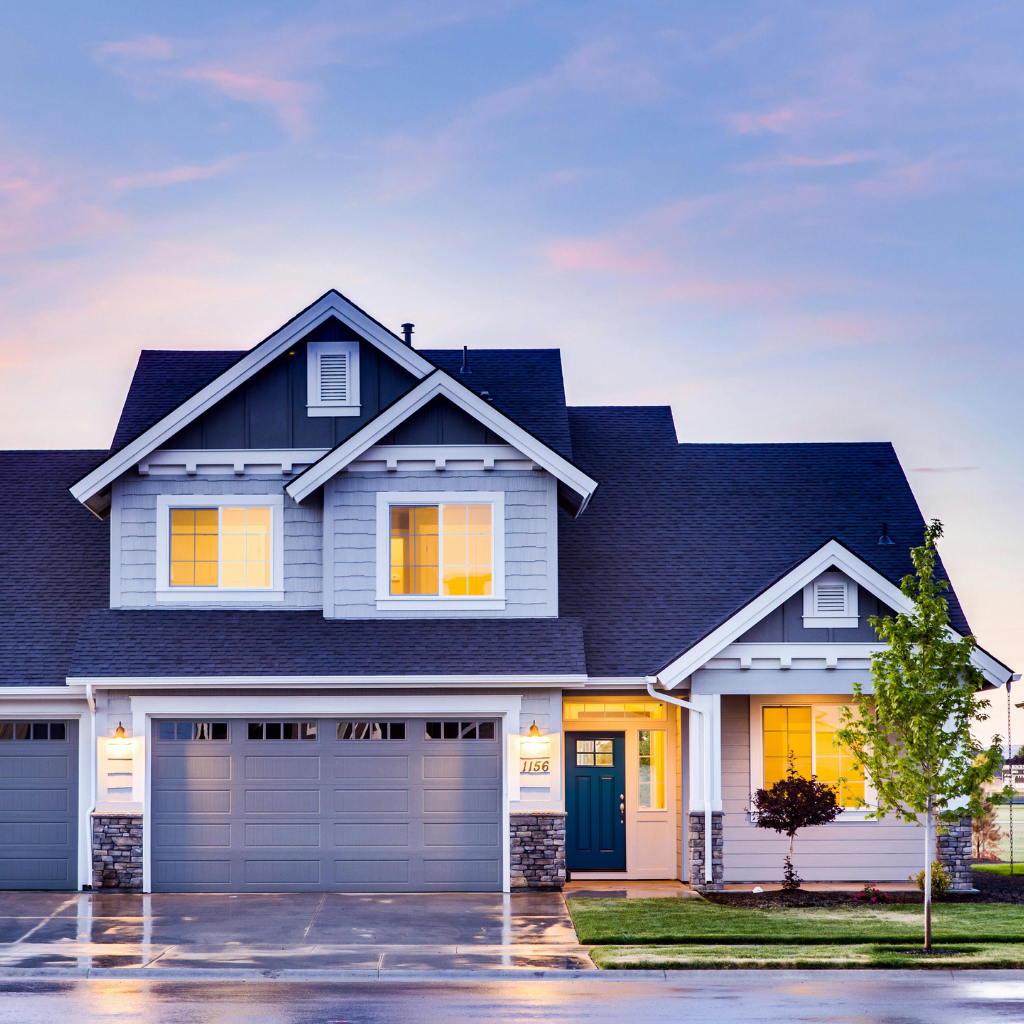
Smart Home Solutions
Smart home solutions are now a reality, enhancing our living experience. They bring convenience, security, and energy efficiency right to our fingertips.
But what exactly are smart home solutions?
In simple terms, they are devices and systems that automate tasks in our homes. They connect to the internet, allowing us to control them remotely.
From smart thermostats to intelligent lighting systems, the options are vast. Each solution is designed to make our lives easier and more comfortable.
In this article, we will explore the top 5 smart home solutions. We will delve into their features, benefits, and how they can transform your home into a digital haven.
Whether you’re a tech enthusiast or a homeowner looking to upgrade, this guide is for you. Let’s embark on this journey to connected living.
Understanding Smart Home Solutions
Smart home solutions are a collection of devices and systems that automate tasks in our homes. They are part of the Internet of Things (IoT), a network of devices connected to the internet.
These solutions range from simple devices like smart plugs to complex systems like home security. They can control lighting, temperature, entertainment systems, and even appliances.
What Are Smart Home Solutions?
Smart home solutions are devices that connect to the internet. They can be controlled remotely using a smartphone, tablet, or computer.
These devices include smart thermostats, smart lights, smart locks, and more. They can be programmed to perform tasks based on specific conditions or schedules.
For example, a smart thermostat can adjust the temperature based on your daily routine. It can lower the heat when you’re not home, and warm up the house just before you return.
The Importance of Connected Living
Connected living is about more than just convenience. It’s about enhancing our quality of life.
Smart home solutions can provide increased security, energy efficiency, and accessibility. They can help us save time, reduce costs, and even support sustainability.
For instance, smart lights can dim or turn off when no one is in the room. This not only saves energy but also reduces your electricity bill.
In essence, smart home solutions are transforming our homes into intelligent spaces that adapt to our needs and lifestyle. They are making our homes more comfortable, secure, and efficient.
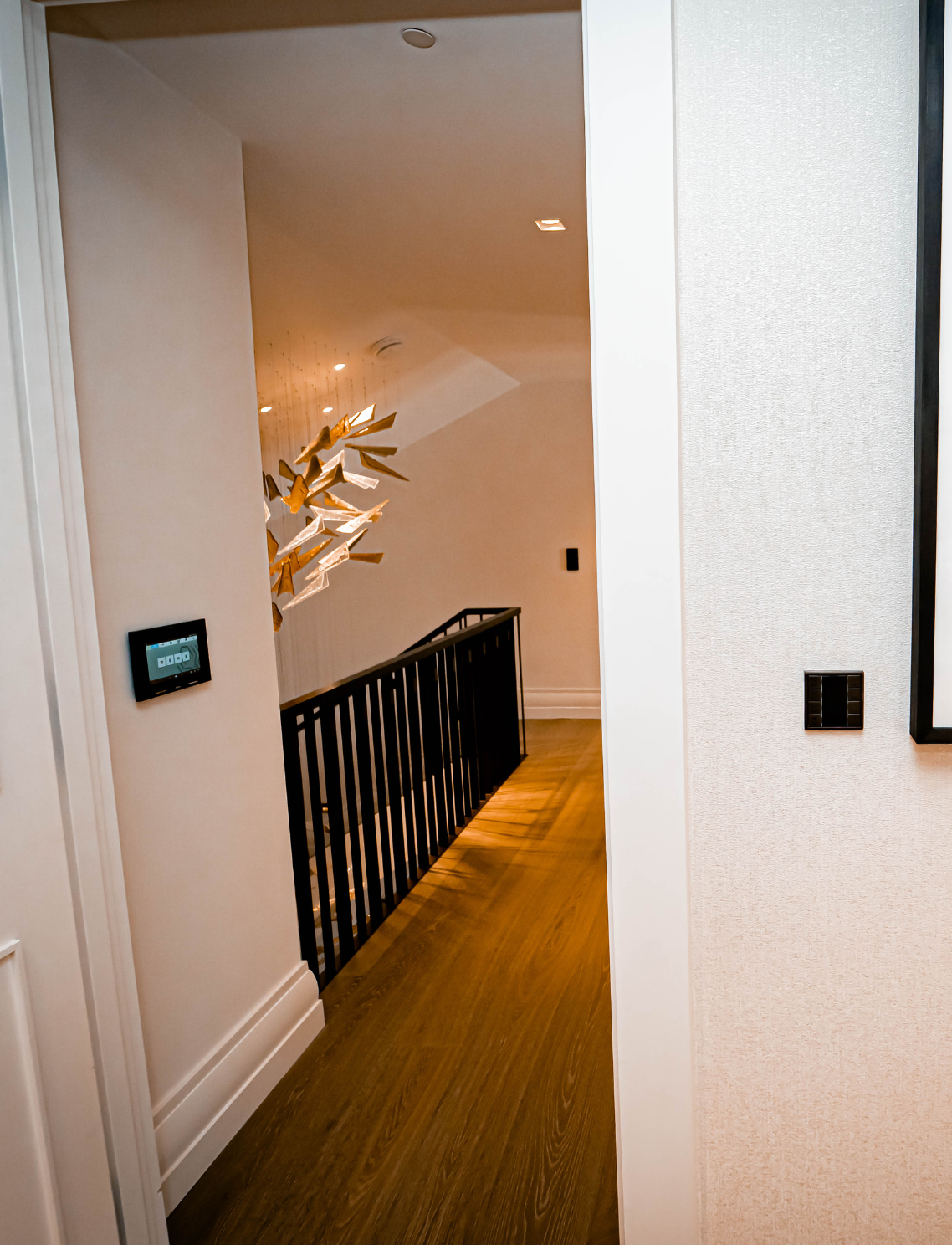

The Benefits of Smart Home Technology
Smart home technology offers numerous benefits. It can transform our daily routines, making our lives more comfortable and efficient.
From controlling our home’s climate to managing our security systems, smart home solutions provide a level of convenience that was unimaginable a few years ago.
Convenience and Comfort
One of the main benefits of smart home technology is convenience. With smart devices, we can control various aspects of our homes with just a few taps on our smartphones.
For instance, we can adjust the lighting, control the temperature, or even start our coffee maker from our bed. This level of control and automation can significantly enhance our comfort and convenience.
Enhanced Security
Smart home solutions also offer enhanced security. Smart locks and security cameras can provide real-time monitoring and control of our homes, even when we’re away.
For example, if someone approaches our front door, a smart security camera can send an alert to our smartphone. We can then view the live feed and take appropriate action if necessary.
Energy Efficiency and Savings
Smart home technology can also lead to significant energy savings. Smart thermostats, for instance, can learn our routines and adjust the temperature accordingly.
This means our homes are not wasting energy when we’re not there. Similarly, smart lights can turn off automatically when no one is in the room, further saving energy. These energy savings can translate into significant cost savings over time.
Top 5 Smart Home Solutions on the Market
The market is flooded with a variety of smart home solutions. However, some stand out due to their advanced features, user-friendliness, and positive user reviews.
1. Smart Thermostats
Smart thermostats, like the Nest Learning Thermostat, are a game-changer. They learn your schedule and preferences, adjusting the temperature for comfort and energy savings.
2. Intelligent Lighting Systems
Intelligent lighting systems, such as Lutron, offer more than just remote on-off capabilities. They allow you to change the color and intensity of the light, creating the perfect ambiance for any occasion.
3. Home Security Cameras and Smart Locks
Home security cameras and smart locks, like those from Ring and August, provide enhanced security. They allow you to monitor your home in real-time and control access remotely.
4. Voice Assistants and Smart Speakers
Voice assistants and smart speakers, like Amazon Echo and Google Home, are the backbone of many smart homes. They allow you to control your devices using voice commands, making the process hands-free and convenient.
5. Smart Home Hubs and Controllers
Smart home hubs and controllers, such as a Control4 system, act as the command center for your smart home. They allow you to control all your devices from one place, making the management of your smart home easier.
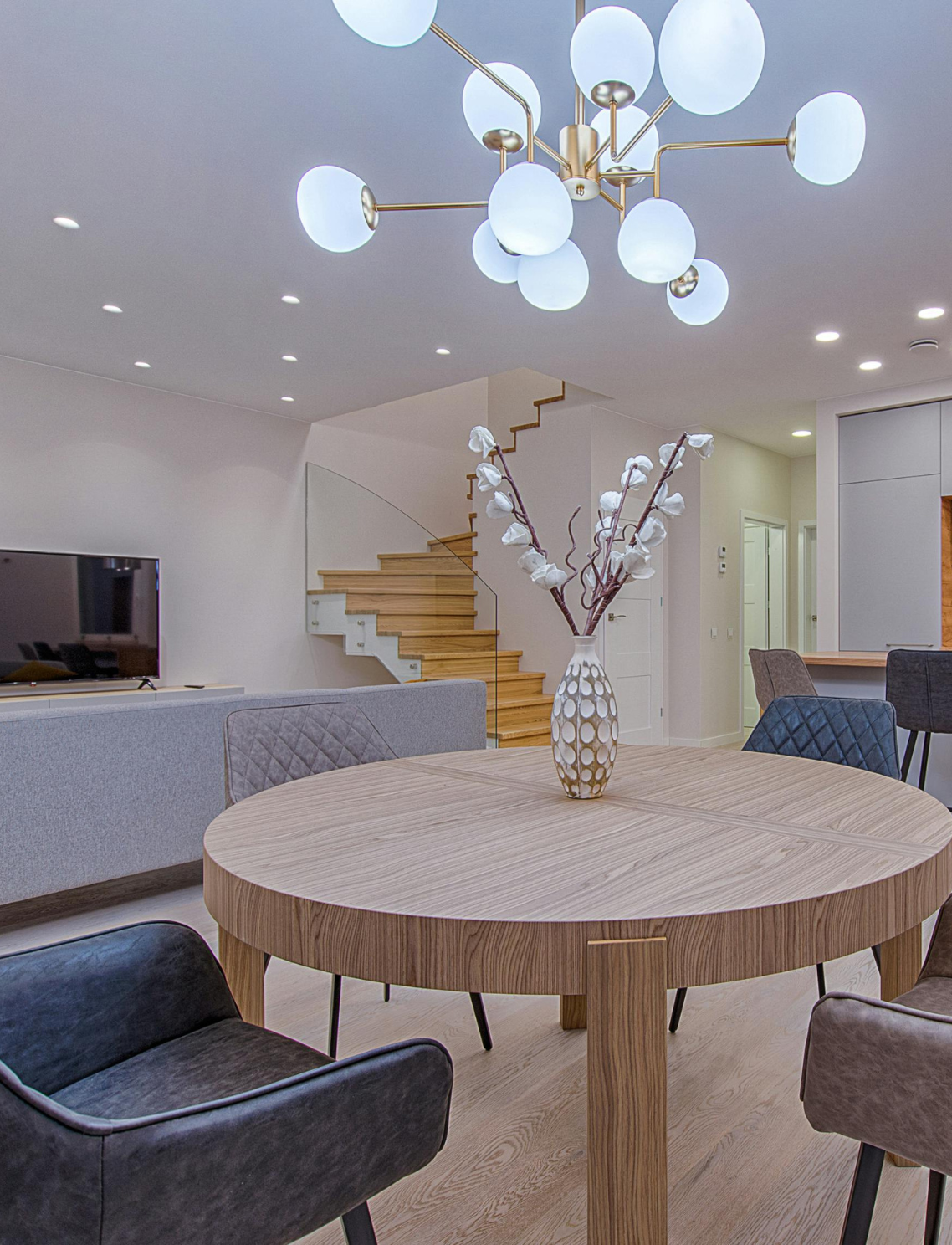

Integrating Smart Home Solutions into Your Digital Home
Integrating smart home solutions into your digital home is a process that requires careful planning. It’s not just about buying the latest devices and installing them.
Compatibility and Interoperability
The first thing to consider is compatibility and interoperability. Not all smart home devices work well together. Some are designed to work within a specific ecosystem, like Amazon’s Alexa or Google’s Home.
It’s crucial to ensure that the devices you choose can communicate with each other. This will allow you to create routines and automate tasks, enhancing the functionality of your smart home.
Building a Strong Home Network
Another important aspect is building a strong home network. Smart home devices rely on your home’s Wi-Fi to function. If your network is weak or unstable, your devices may not work as expected.
Investing in a good router and considering mesh Wi-Fi systems can help ensure a strong and stable connection throughout your home. Also, consider the bandwidth requirements of your devices, especially if you have many devices or use high-bandwidth applications like streaming services.
Remember, a well-planned and robust home network is the foundation of a reliable and efficient smart home.
Choosing the Right Smart Home Solutions for You
Choosing the right smart home solutions can be a daunting task. With so many options available, it’s easy to feel overwhelmed.
Assessing Your Needs
The first step is to assess your needs. What problems are you trying to solve? Are you looking to improve security, save energy, or simply make your life more convenient?
Once you’ve identified your needs, you can start researching devices that address those specific areas. Remember, the best smart home solution is the one that meets your unique needs and lifestyle.
Considering the Ecosystem
Next, consider the ecosystem. As mentioned earlier, some devices are designed to work within specific ecosystems. If you already have a smart speaker like Amazon Echo or Google Home, it might be best to choose devices that are compatible with these platforms.
This will allow you to control all your devices from a single app or interface, making your smart home more cohesive and easier to manage.
Future-Proofing Your Smart Home
Finally, think about future-proofing your smart home. Technology evolves rapidly, and what’s cutting-edge today might be outdated in a few years.
Choose devices that are likely to receive updates and new features over time. Also, consider devices that are compatible with a wide range of platforms. This will give you the flexibility to switch ecosystems in the future if needed.
Remember, a smart home is a significant investment. Make sure you’re investing in solutions that will serve you well in the long run.
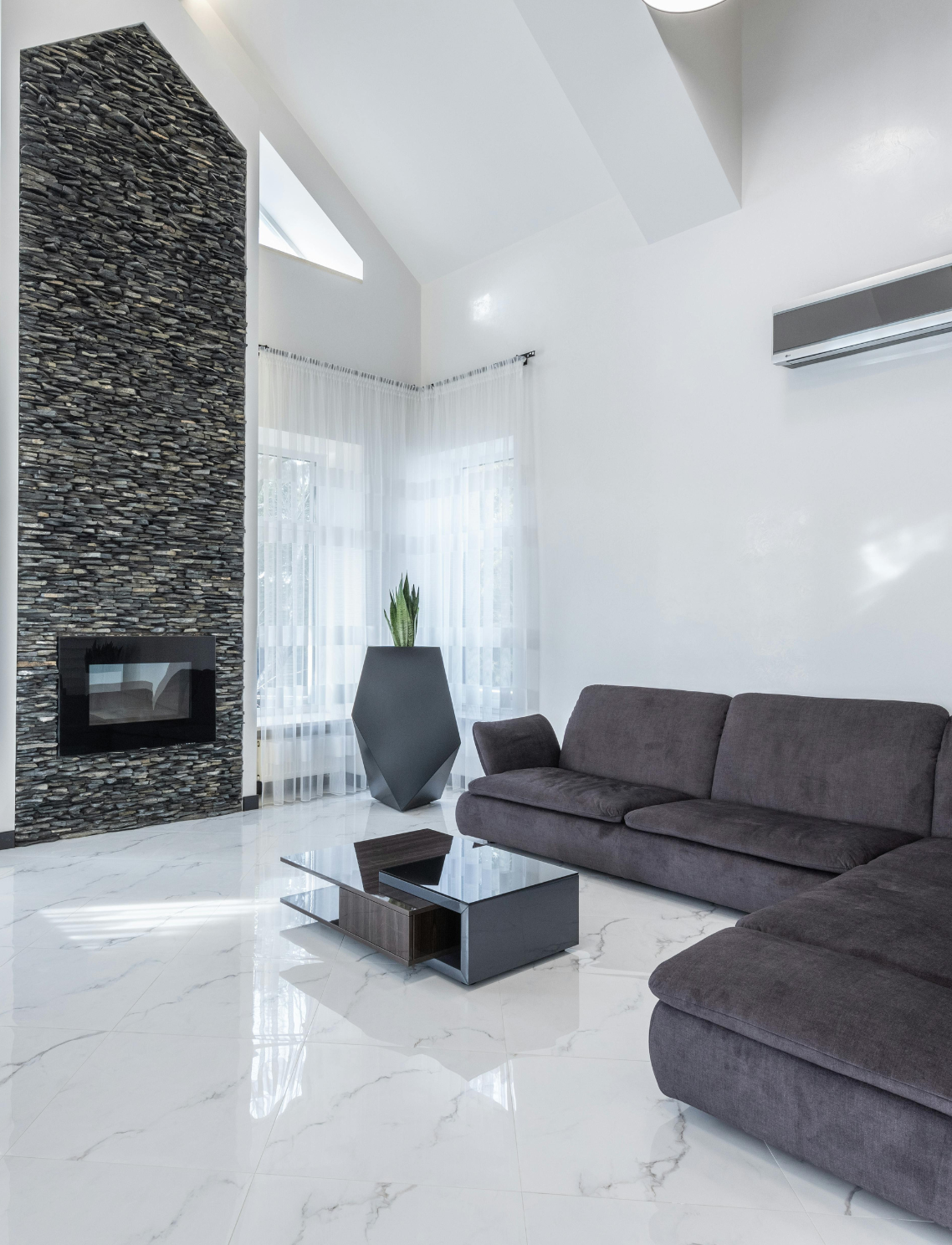
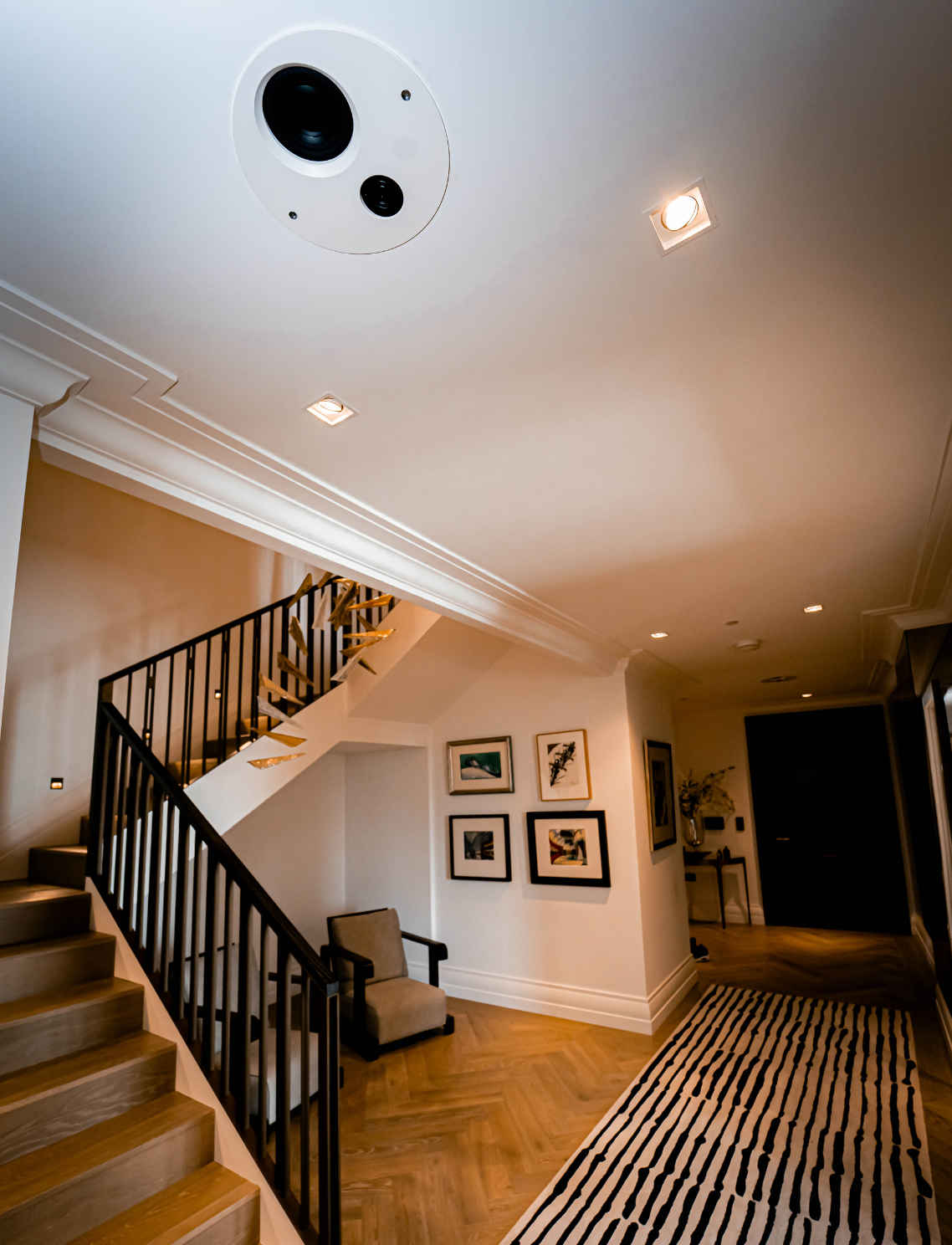
The Future of Smart Home Solutions
The future of smart home solutions is exciting and full of potential. As technology continues to evolve, we can expect to see even more innovative and advanced solutions.
Advancements on the Horizon
One area where we can expect significant advancements is in the integration of smart home solutions. In the future, we may see homes where every device and system is interconnected, creating a truly seamless and intuitive living experience.
Moreover, we can expect to see more personalized smart home solutions. These will use data about our habits and preferences to adapt to our needs, making our homes even more comfortable and convenient.
The Role of AI and Machine Learning
Artificial Intelligence (AI) and Machine Learning (ML) will play a crucial role in the future of smart home solutions. These technologies can learn from our behaviors and make predictions, allowing our homes to anticipate our needs.
For example, your home might learn your morning routine and automatically adjust the temperature, brew your coffee, and play your favorite music when you wake up. With AI and ML, the possibilities for smart home solutions are virtually limitless.
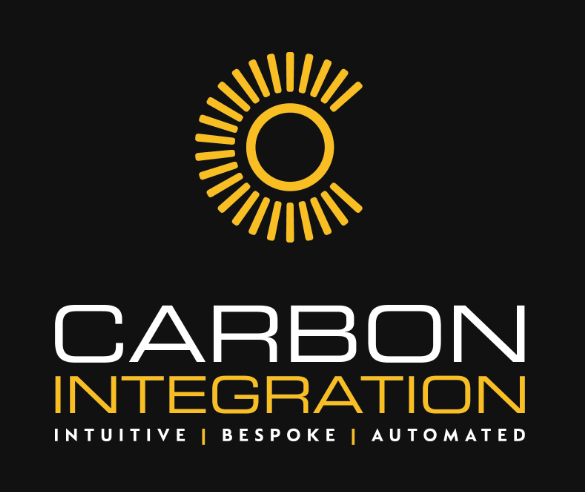
Smart Home Solutions by Carbon Integration
We will manage and complete your smart home solutions from consultation to specification.
Our Head Office is based in Uxbridge (West London) within Greater London but we can cover any area in the UK. We also have a smart home showroom in Sunningdale, Berkshire to showcase our system integrations.
If you want to chat about smart home solutions for your home, please call us on 0207 190 9552 or e-mail us via our contact form.
Partners












Projects
We'd Love to Hear from You!
Discover the ways in which we can streamline and automate your home for enhanced convenience and efficiency.

